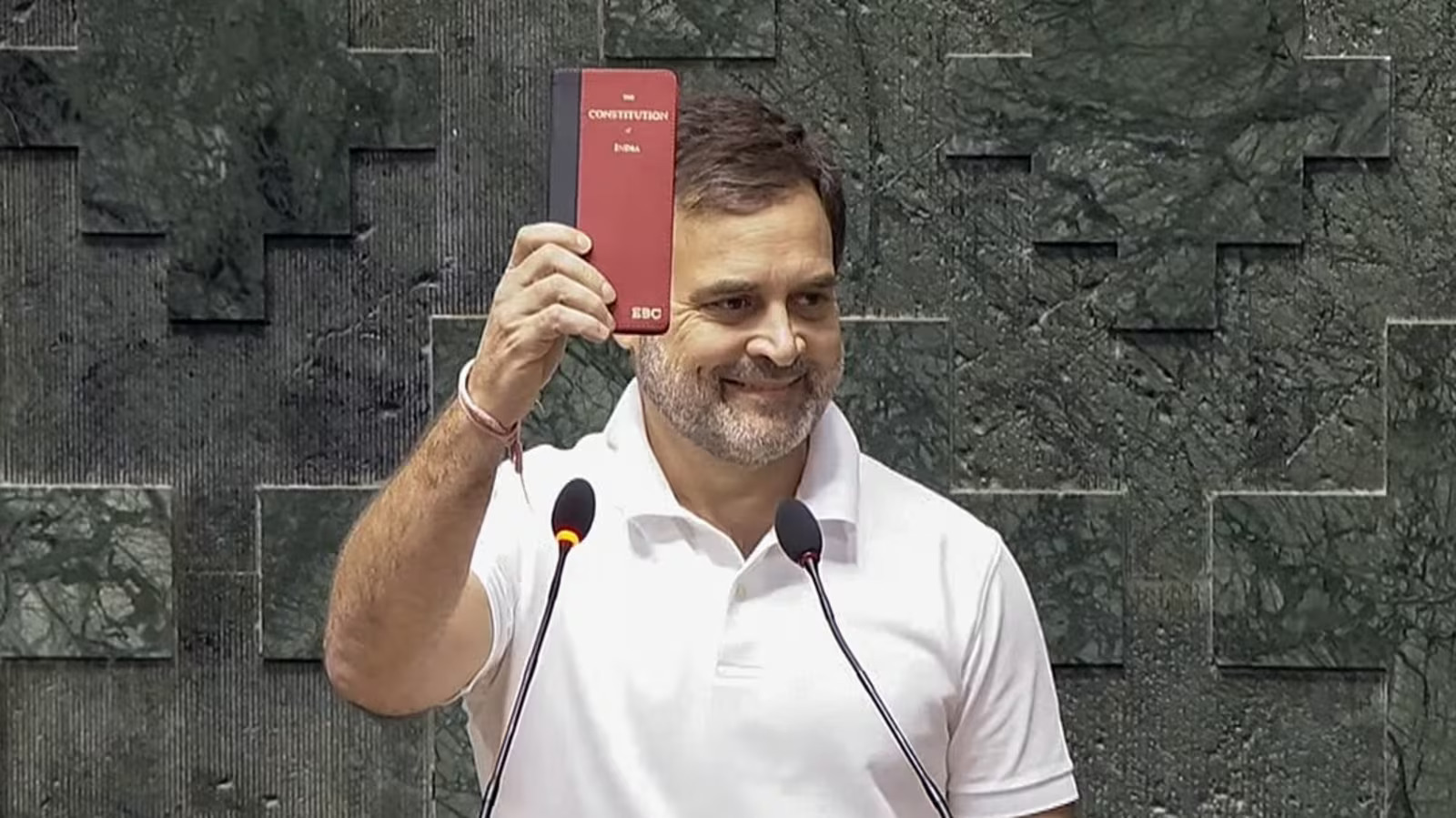Rahul Gandhi, of India’s Congress party, has assumed the significant role of Leader of the Opposition (LoP) in the country’s parliament, a position that had remained vacant for a decade.
This appointment marks the first time Gandhi, a prominent figure in Indian politics since joining in 2004, has held a constitutional role of such stature. As LoP, he now holds sway over committees crucial for making key appointments and acts as a crucial check on Prime Minister Narendra Modi’s government.
Since the BJP-led government under Modi came to power in 2014, no opposition party has secured the requisite seats to claim the LoP post. However, in the recent general election, Congress managed to win 99 seats, positioning Gandhi to assume this critical opposition role.
Despite Modi’s continued leadership, supported by allies but falling short of a parliamentary majority after two consecutive landslides, Gandhi’s new role underscores Congress’s renewed vigor in parliamentary oversight.

Rahul Gandhi
Observers and political commentators view Gandhi’s appointment as a pivotal moment for Indian democracy. The opposition, often critical of what it perceives as authoritarian tendencies within Modi’s government, sees Gandhi’s elevation as essential for holding the administration accountable.
Neerja Chowdhury, a political commentator, believes Gandhi’s leadership will be tested in navigating a potentially turbulent parliament, where effective opposition could reshape legislative debates and decision-making.
Gandhi’s journey to LoP comes after a career spanning over two decades, during which he served multiple terms as an MP but never held ministerial office or led Congress to victory in a general election. His new role demands robust leadership both within his party and across the opposition bloc, ensuring unity and effectiveness in challenging government policies and decisions.
In his inaugural appearance as LoP, Gandhi extended congratulations to the newly appointed Speaker while asserting the opposition’s commitment to constructive cooperation tempered with the need for their voices to be heard. His participation in high-profile committees alongside the prime minister positions him to influence critical appointments and policies, thereby shaping the trajectory of national governance.
Gandhi’s appointment as LoP not only signifies a resurgence for Congress following their electoral performance but also presents an opportunity for him to redefine his political stature. Despite previous setbacks and criticisms from political opponents, Gandhi’s acceptance of this role reflects a renewed confidence and strategic intent to strengthen the opposition’s role in India’s democratic processes.
